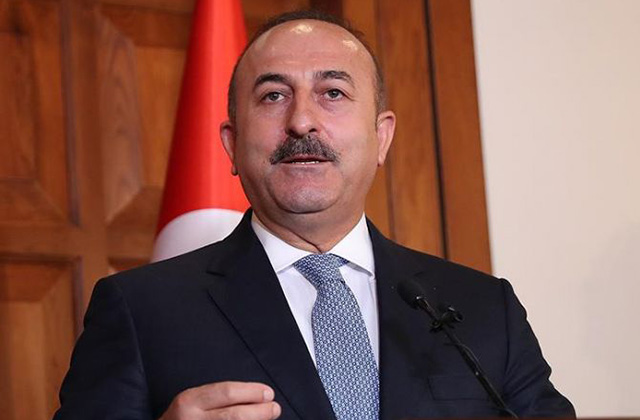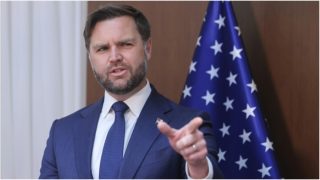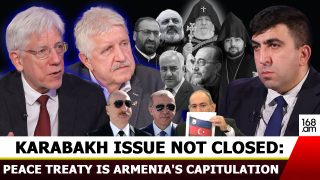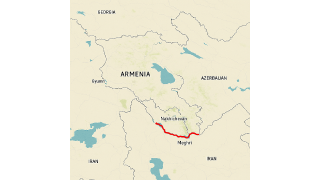Turkey’s FM blames OSCE and PACE observers on supporting terrorism

Foreign Minister of Turkey Mevlut Cavusoglu addressed accusations against OSCE/ODIHR and the Parliamentary Assembly of the Council of Europe (PACE) on their critical report published over the constitutional referendum in Turkey held on April 16, Anadolu reports.
Cavusoglu said the OSCE/ODIHR and the PACE observers took part in the rallies against the referendum and attended ‘no’ campaign before the referendum. “This time the delegation came with bad intentions and made political remarks rather than technical, meanwhile their work is not to make political comments,” the Turkish FM said.
He also blamed the observer mission members on supporting terrorism, stating that their report is not binding. FM Cavusoglu also stated that they will present their final proposal on visa regime liberalization to the EU. “Let them decide.
Either yes or no. If they say ‘no’, the remaining agreements, including the agreement on refugees will be terminated,” he said.
On April 17 the OSCE issued a statement on Turkey’s constitutional referendum results. The statement said the referendum was contested on an unlevel playing field, and the two sides in the campaign did not have equal opportunities. “In general, the referendum did not live up to Council of Europe standards. The legal framework was inadequate for the holding of a genuinely democratic process,” Cezar Florin Preda, Head of the delegation from the Parliamentary Assembly of the Council of Europe, said.
“The referendum took place in a political environment in which fundamental freedoms essential to a genuinely democratic process were curtailed under the state of emergency, and the two sides did not have equal opportunities to make their case to the voters,” said Tana de Zulueta, Head of the ODIHR limited election observation mission.
“Our monitoring showed the ‘Yes’ campaign dominated the media coverage and this, along with restrictions on the media, the arrests of journalists and the closure of media outlets, reduced voters’ access to a plurality of views.”

























